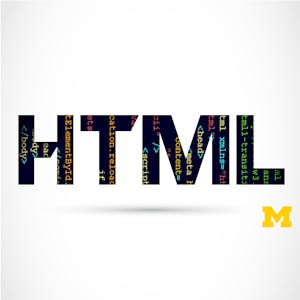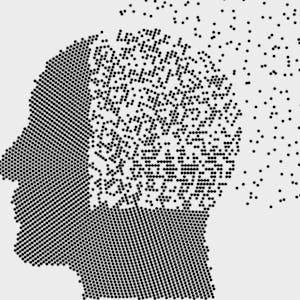Introduction to HTML5
About this Course
Thanks to a growing number of software programs, it seems as if anyone can make a webpage. But what if you actually want to understand how the page was created? There are great textbooks and online resources for learning web design, but most of those resources require some background knowledge. This course is designed to help the novice who wants to gain confidence and knowledge. We will explore the theory (what actually happens when you click on a link on a webpage?), the practical (what do I need to know to make my own page?), and the overlooked (I have the code, but how do I put it on the web to share with others?). Throughout the course there will be a strong emphasis on adhering to syntactic standards for validation and semantic standards to promote wide accessibility for users with disabilities. This course will appeal to a wide variety of people, but specifically those who would like a step-by-step description of the basics. There are no prerequisites for this course and it is assumed that students have no prior programming skills or IT experience. The course will culminate in a small final project that will require the completion of a very simple page with links and images. The focus of this course is on the basics, not appearance. You can see a sample final HTML page at . This is the first course in the Web Design For Everybody specialization. Subsequent courses focus on the marketable skills of styling the page with CSS3, adding interactivity with JavaScript and enhancing the styling with responsive design.Created by: University of Michigan

Related Online Courses
This MOOC is designed to equip learners with the essential skills and strategies needed to manage high-performance teams effectively. Focusing on team dynamics, trust, and collaboration, the course... more
Dive into the critical domain of Security Operations and master the skills needed to manage and mitigate advanced security threats. This course is designed to help IT professionals enhance their... more
Relational Database Support for Data Warehouses is the third course in the Data Warehousing for Business Intelligence specialization. In this course, you\'ll use analytical elements of SQL for... more
Machine Learning, often called Artificial Intelligence or AI, is one of the most exciting areas of technology at the moment. We see daily news stories that herald new breakthroughs in facial... more
This specialization provides an introduction to the study of abnormal psychology, with a survey of various mental health concerns through both a modern and historical lens. It concludes with an... more







